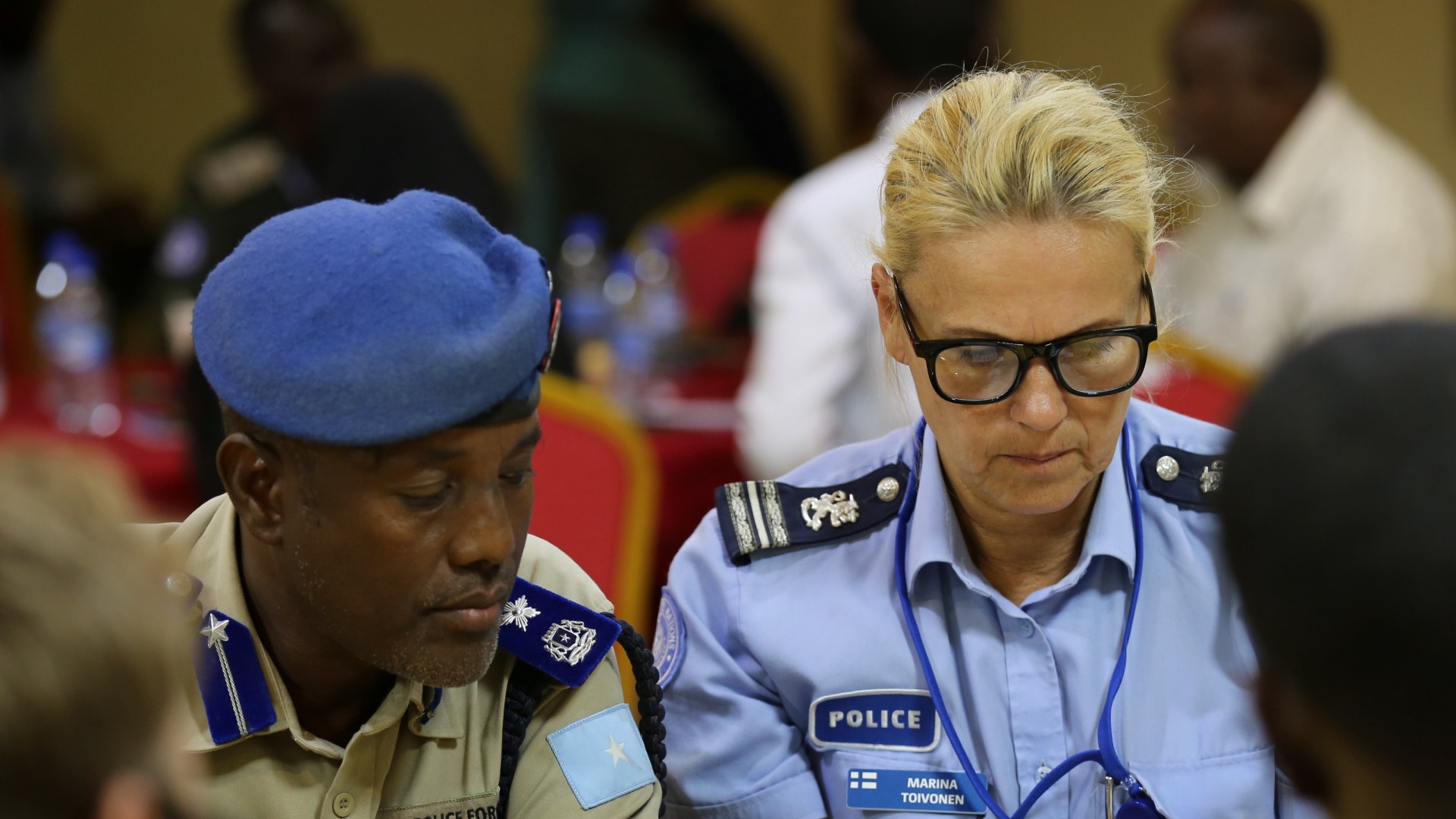UN Efforts On Mitigating Sexual Violence: The protection of victims/survivors and witnesses of Conflict Related Sexual Violence (CRSV) is an integral part of efforts to end impunity against CRSV.
Victims/survivors and witnesses have the right to obtain redress, to be protected from threats and reprisals, and to have their dignity respected at all times, including before, during, and after judicial action is pursued.
The failure to protect victims/survivors and witnesses seriously compromises these rights as well as the investigations and prosecutions of perpetrators. As protection programmes are not always in place within the national judicial system, United Nations Field Missions should contribute to promoting the protection of victims/survivors and witnesses where necessary.
RELATED: Statistics On Child Sexual Abuse
Women’s Protection Advisors (WPAs) and the Protection Units of the Human Rights component have the leading role in the Mission to address protection challenges faced by victims/survivors and witnesses to promote access to justice.
To foster a more protective environment and contribute to breaking the cycle of silence, the Human Rights components assist the authorities in understanding the protection risks and challenges that intimidate victims/survivors and witnesses from reporting.
During judicial procedures, Human Rights components assist the authorities in identifying and responding appropriately to the range of needs expressed by victims/survivors such as medical, psychosocial, legal, and safety needs.
Assistance and protection measures should always be developed in consultation with victims/survivors themselves, women’s groups, and other relevant actors, to ensure comprehensive consultation with all potential victims/survivors and key national stakeholders to thoroughly capture the gender dimension of the crimes.
Together with the Human Rights component, Justice and Correction Section (JCS) and United Nations Police may also provide advice to national judicial actors to ensure that special protection measures are in place throughout the investigation and prosecution stages, with the support of the Teams of Experts on Sexual Violence.
JCS may also support the establishment of legal aid or paralegal support to assist victims/survivors throughout the justice process.
Role of the Police And Military
Military and police components of Peacekeeping Missions should use all mandated powers to contribute to efforts to prevent, detect, mitigate, investigate, and respond to CRSV in collaboration with WPAs, Human Rights components, and JCS, as well as with victim/survivors’ referral networks.
Searching, detaining, and arresting perpetrators: Where explicitly mandated, police component may have powers to arrest alleged/confirmed perpetrators of CRSV and temporarily detain them. The military component may be mandated to search and detain alleged/confirmed perpetrators and subsequently hand them over to the national authorities.
The authority to arrest, detain, and search perpetrators depends on the respective mandates of United Nations Peacekeeping Operations, the Status-of-Forces Agreements (SOFA), Rules of Engagements, Directives on the use of Force, and applicable international human rights, humanitarian, and refugee law, norms and standards.
Wherever possible, it is preferable for the military and police components to work with national security and police forces capacities rather than trying to substitute them for their own. Read Sexual Abuse Handbook




